Ice. It’s one of those things you never think about—until you don’t have it. Whether you’re running a busy restaurant, managing an office breakroom, or just trying to enjoy a chilled drink at home, a broken ice machine can feel like more than just a minor inconvenience. It throws a wrench into your routine, your business, and your peace of mind.
If your once-reliable unit is sputtering, leaking, or just plain refusing to freeze, you’re not alone. Ice machines, like every hardworking appliance, have their off days. And when they do? It’s probably time to think about ice machine repair.
Let’s take a deep breath, dive into the cold facts, and talk about how to handle a finicky machine that’s left you high and dry.
Why Ice Machines Deserve More Respect Than They Get
It’s easy to overlook how complex these devices really are. At a glance, it might just look like a fancy box that cranks out frozen cubes. But inside? It’s an intricate dance of valves, evaporators, pumps, fans, thermostats, and sensors—each working together to freeze, form, and deliver the perfect batch of ice.
And they don’t take days off. Especially in commercial settings, these machines run constantly, day and night, keeping pace with demand. They endure heat, pressure, wear and tear, and sometimes neglect. So, when one part slips out of sync, the whole thing can grind to a halt.
Common Ice Machine Issues That’ll Make You Sweat
There’s a whole range of issues that can plague an ice machine. Some are obvious. Others? Not so much. But here’s a quick list of some usual suspects:
- No ice production at all (yep, that’s a big one)
- Low ice output, even when the machine runs nonstop
- Odd-shaped or cloudy cubes (hint: water filter or mineral buildup)
- Leaking water onto the floor or inside the unit
- Machine running loud or hot
- Strange smells or taste in the ice (ew, right?)
A lot of these problems stem from neglect—dirty filters, clogged lines, or limescale buildup. Others are tied to mechanical wear and age. Either way, if your machine’s acting weird, don’t ignore it. That little leak or odd noise? It’s a whisper before the scream.
DIY or Don’t?
Here’s where things get tricky. Some fixes are easy and totally doable on your own. A quick filter change, cleaning out the bin, or checking the power source? Go for it.
But if you’re dealing with electrical issues, internal component failures, or refrigerant leaks—this isn’t the time to channel your inner handyman. Ice machines are finicky. And expensive. A botched DIY job can lead to more damage, voided warranties, or a full replacement.
This is one of those cases where “calling a pro” isn’t overkill—it’s just common sense.
What You Should Expect from a Professional Ice Machine Repair Service
A good repair technician doesn’t just patch the problem and walk away. They troubleshoot holistically, explain the issue clearly, and make sure you’re set up for fewer breakdowns moving forward.
Here’s what separates a solid repair experience from a frustrating one:
- Fast response time — ice emergencies are a thing, especially for businesses
- Expertise across brands and models — from Hoshizaki and Manitowoc to under-counter home units
- Clear pricing — no head-scratching fees or vague estimates
- Genuine replacement parts — because knockoffs are never worth it
- Maintenance recommendations — because good advice is part of good service
Look for technicians with strong reviews, real certifications, and experience with your type of machine. Bonus points if they offer ongoing service plans—that’s a game changer in high-traffic setups.
How to Prevent the Next Breakdown
Let’s face it—repairs cost money and cause disruption. And while no machine lasts forever, you can buy yourself more time between failures.
Here are a few habits to help you stay ahead of the next meltdown:
- Clean the machine regularly — including the bin, water lines, and condenser coils
- Replace filters on time — every 6 months is a good rule of thumb
- Watch for mineral buildup — especially if you have hard water
- Avoid overfilling the bin — it puts extra strain on the system
- Listen to your machine — weird sounds or delays in cycle times are early warnings
And remember: preventive maintenance is always cheaper than emergency repairs.
Business Owners: This One’s Especially for You
If you run a café, bar, hotel, or any food service operation, your ice machine is more than a convenience—it’s part of your brand experience. Guests expect their beverages to come chilled. Period. A broken unit can cost you in reputation, not just repair bills.
That’s why it’s worth building a relationship with a trusted technician or service provider before things go sideways. A quick service call today can keep your Friday night rush from turning into an icy disaster.
Final Word: Ice Machines May Be Cold, But Repairs Shouldn’t Be a Hassle
We don’t ask much from our appliances. Just work, every day, without a fuss. But when your ice machine stops doing its job, it’s more than a small hiccup—it affects your comfort, your kitchen rhythm, or your business bottom line.
The good news? You’re not stuck. Whether it’s a small part replacement or a major repair, the right expert can diagnose the problem, fix it quickly, and even extend your machine’s lifespan.
So, next time the cubes stop falling, skip the stress. Find a qualified ice machine repair tech and let them take it from there. You’ll be sipping chilled lemonade—or serving icy cocktails—again in no time.

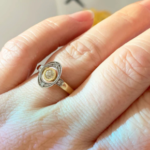
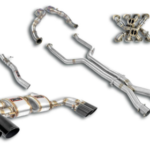
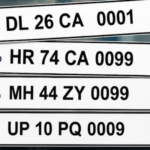








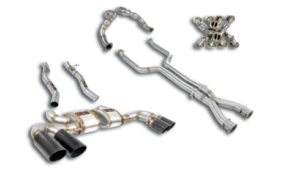

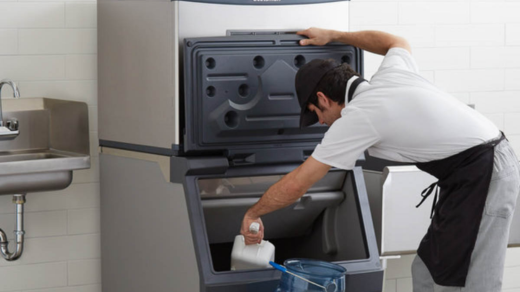
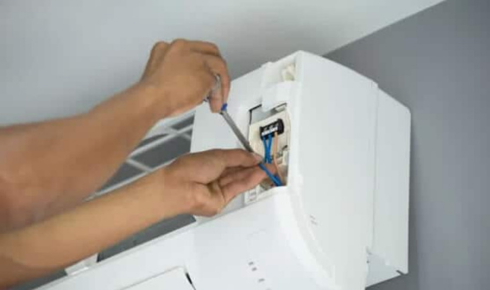

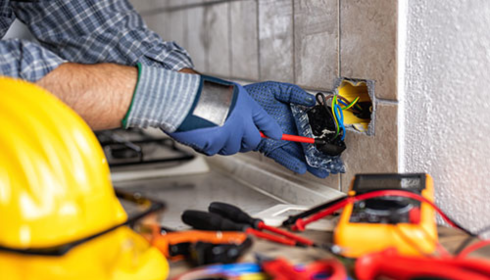

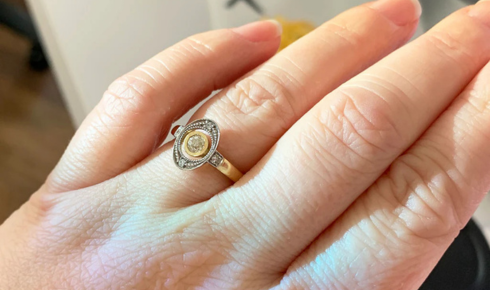








+ There are no comments
Add yours